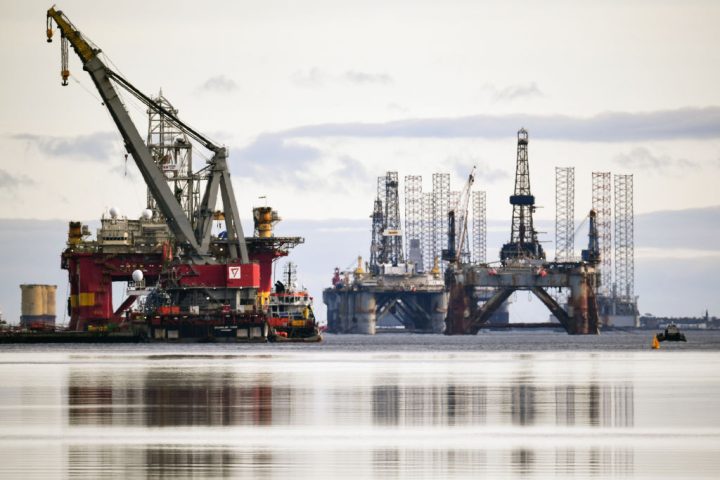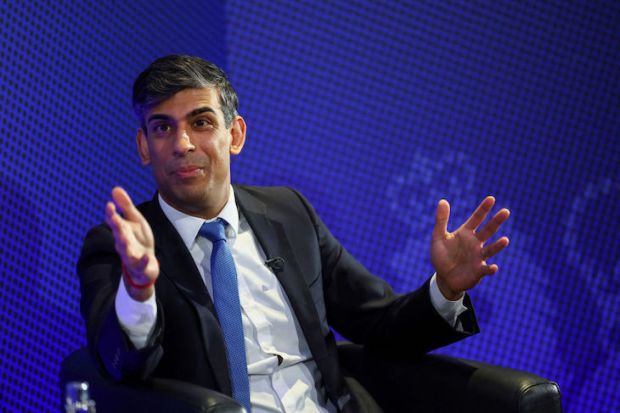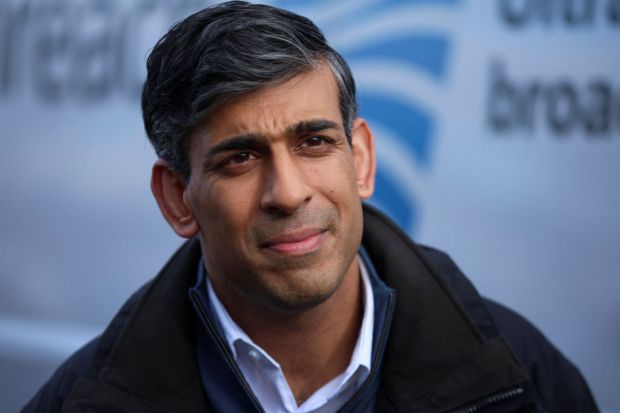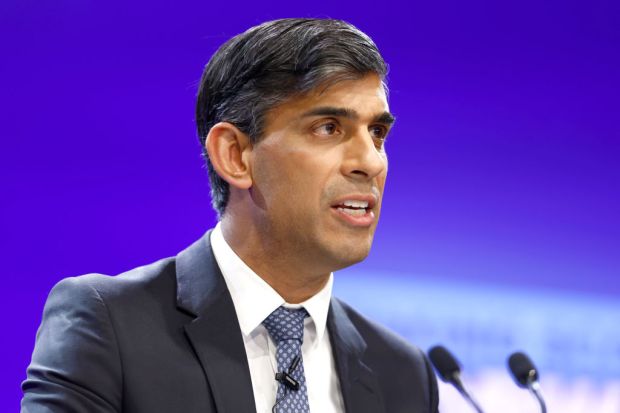The green lobby has found another way of attacking the government for giving the go-ahead for new oil and gas licences in the North Sea. They are claiming that Britain doesn’t have enough refinery capacity to turn the crude oil into finished products.
The climate pressure group Global Witness claims that most of the new oil which will come out of the North Sea will be ‘heavy’ – while Britain’s refineries are geared up to handle lighter crude oils. Therefore, the group contends, it is pointless drilling for new oil in the North Sea because it can’t help provide for our own needs in terms of finished products such as petrol, diesel etc.
The green lobby is looking ever more desperate in its campaign against new oil and gas licences
It is a fallacious argument. Refinery capacity is, needless to say, responsive to demand. If we produce more oil in the North Sea, it generates an incentive for the refinery industry to invest there. Even so, it might not happen, because there are plentiful refineries available just across the North Sea which are capable of handling the sort of oil we produce there. As Global Witness points out, we already export the majority of the crude oil produced in the North Sea – in 2022 this amounted to 27 million tonnes of the 35 million tonnes produced.
But the majority of this goes to countries which are close by: with the Netherlands (13 million tonnes), followed by Germany and Poland being the largest importers. The government’s case for expanding North Sea oil production rests heavily on energy security – by which it means becoming less reliant on fossils fuels emanating from politically unstable parts of the world.
This argument will not be undermined if a large proportion of UK-produced crude oil is exported to mainland Europe – unless you count the Netherlands as politically unstable. (It is true Mark Rutte’s government is looking a little shaky. But the likely challengers for power in the next election – the Farmer-Citizen Movement, or BBB – don’t look to me like the type that are going to close down the Netherlands’ oil refinery capacity.)
The green lobby is looking ever more desperate in its campaign against new oil and gas licences. It complains that more North Sea oil and gas production won’t help moderate fuel prices in the UK because it will simply be sold on global markets.
This argument ignores the fact that there are hefty costs involved in importing oil and gas around the world – particularly gas, which increasingly comes to Britain in the form of liquified natural gas (LNG) from the US and Qatar. Locally-produced gas won’t be hampered by those transport costs, so will have a competitive advantage in Britain.
The green lobby also complains that more North Sea oil and gas production will mean more global carbon emissions – indeed, possibly tipping the world over the edge into climatic abyss. Yet using North Sea-produced natural gas in UK homes and power stations will cut global carbon emissions – the process of liquifying and de-liquifying natural gas for transportation to Europe consumes around 10 per cent of the gas. Moreover, the Prime Minister has announced £20 billion investment in carbon capture and storage to run alongside the new oil and gas licences – which might just mean Britain running gas power stations which are close to being carbon-neutral.
Not that any of this will stop the green activists treating the oil and gas industry as if it were run by a bunch of genocidal maniacs whose activities merely line their own pockets while doing nothing to help the UK economy. That’s what they have decided and that’s that.
Got something to add? Join the discussion and comment below.
Get 10 issues for just $10
Subscribe to The Spectator Australia today for the next 10 magazine issues, plus full online access, for just $10.





















Comments
Don't miss out
Join the conversation with other Spectator Australia readers. Subscribe to leave a comment.
SUBSCRIBEAlready a subscriber? Log in